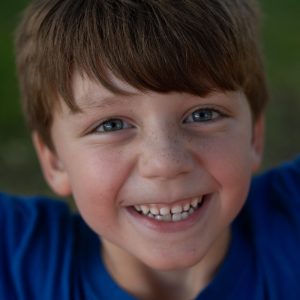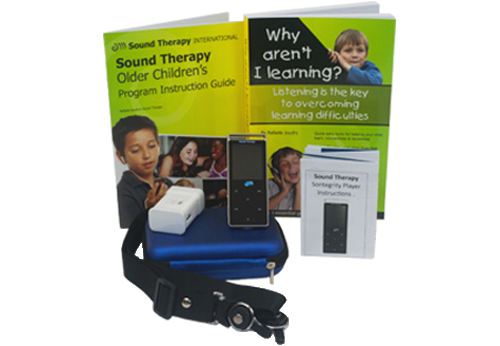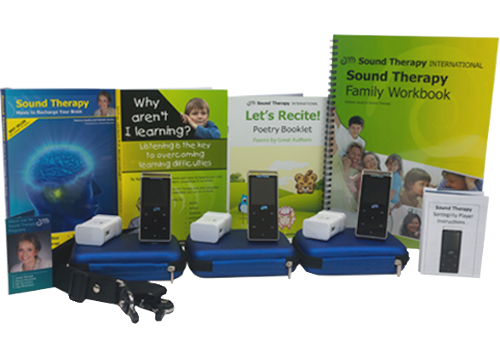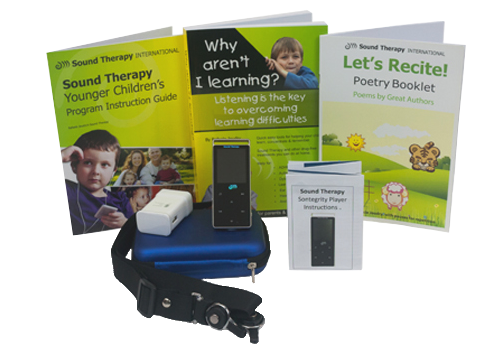Autism Spectrum and Sound Therapy
Sound Therapy normalises sensory processing for those with autism
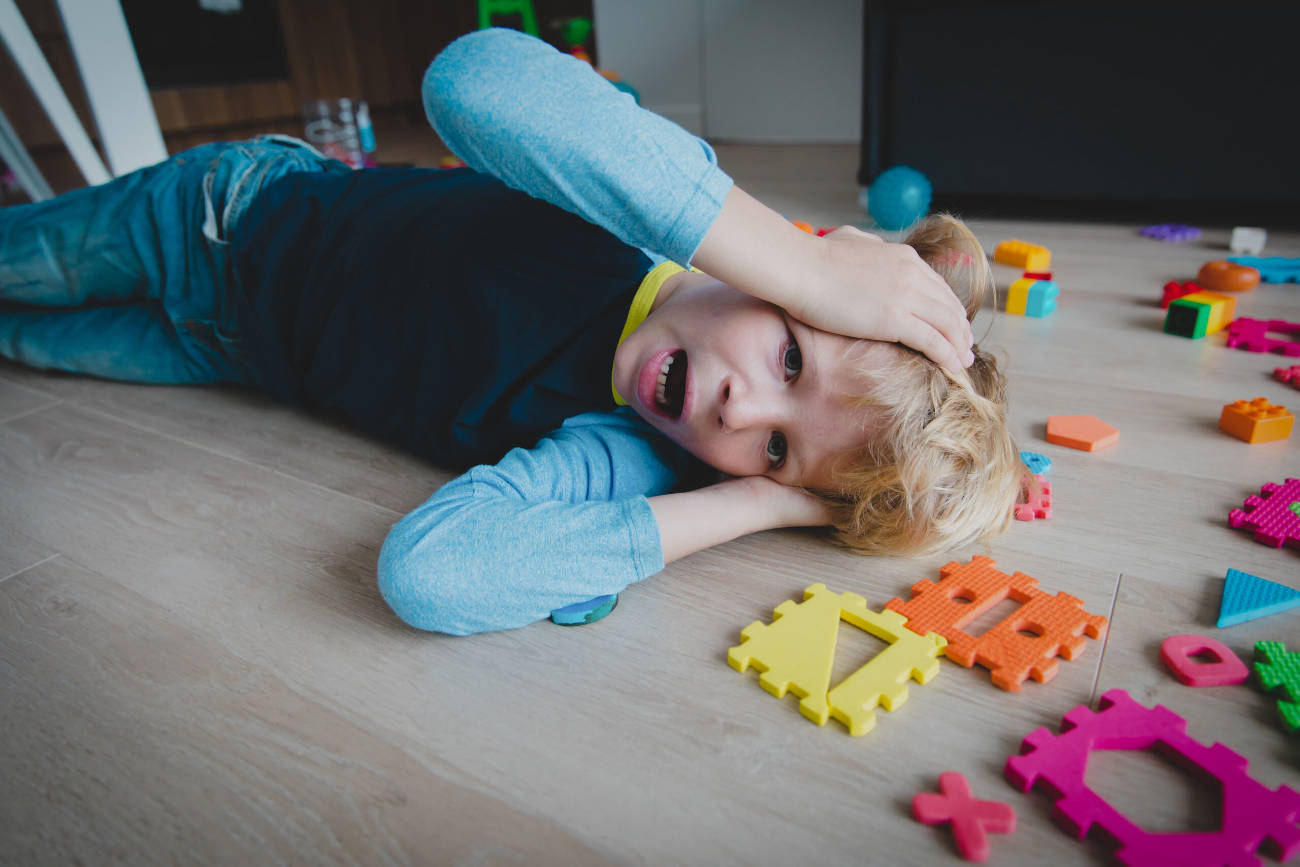

Pietro and Shaylene have a daughter who began to regress in her first few years, exhibiting many of the typical characteristics of being on the autistic spectrum.
“She would sit in a corner and do nothing, being quite happy to sit there all day and just rock,” they explained. “She plays with her hands a lot, like she’s got her hands in the basin and is washing them, or brushes her hair with her hand. She doesn’t really play with toys or anything like that.”
Autism and its associated behaviours have been estimated to occur in 2 to 6 per 1,000 births. Autism is four times more prevalent in boys than girls, and knows no racial, ethnic, or social boundaries. There is mounting evidence that it may have environmental and chemical causes.
People with autism process and respond to information in unique ways. In some cases, aggressive, repetitive and/or self-injurious behaviour may be present. In the past autism was thought of as a psychological disorder and sometimes attributed to poor mothering. Now it is seen more as a genetically or environmentally caused developmental disorder.
The difficulties it causes are very much linked to sensory processing, and Pietro and Shaylene noticed a number of clear indicators in this area which improved when they started their child on a Sound Therapy listening program.

